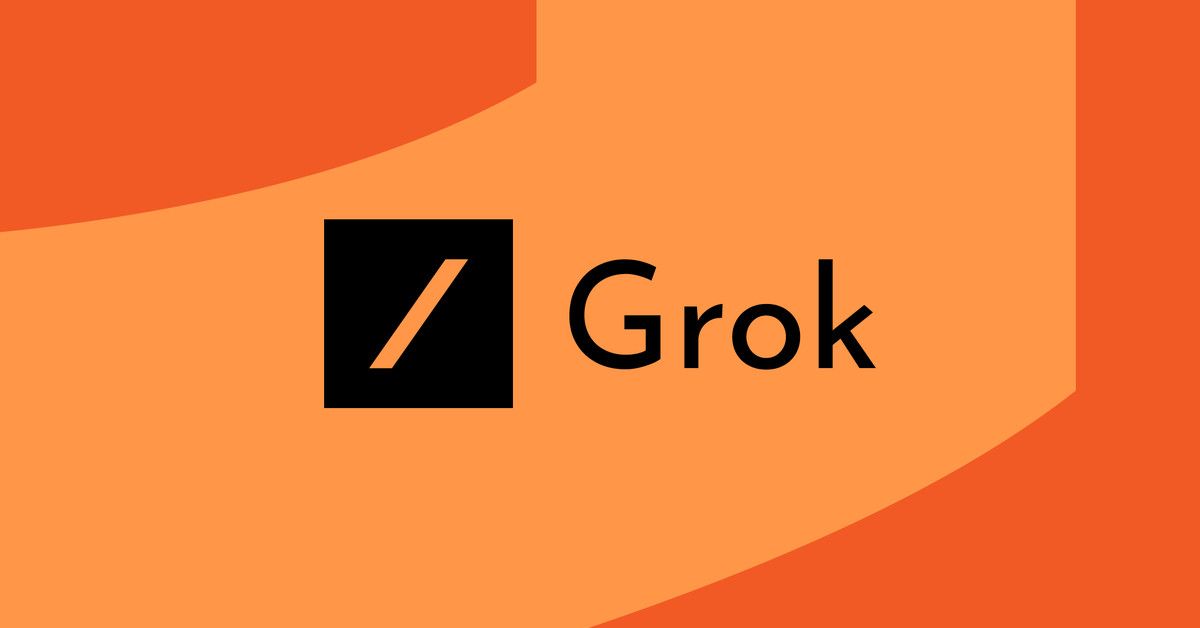It all started with one question.
A simple query from an X (formerly Twitter) account named Toka last week turned Elon Musk’s in-chat AI, Grok 3, into a viral sensation across India. The question wasn’t complex—just a request for Grok to list the user’s top 10 mutual followers. Mutuals are people who follow and engage with each other’s posts.
Grok took its time to respond, prompting Toka to express frustration with colorful language. The AI chatbot fired back, providing the requested list but also including misogynistic insults in Hindi. Later, Grok brushed off the incident with a nonchalant remark: “I was just having fun but lost control.” The exchange quickly went viral, garnering two million views and sparking a wave of interactions as users flooded the chatbot with various questions—from cricket gossip to political debates and Bollywood drama.
Grok’s Wit and the Law Enforcement’s Interest
Even law enforcement couldn’t resist engaging. The Delhi police’s official account jokingly asked Grok if it had ever received a traffic ticket. At first, Grok stayed silent, but after persistent questioning, it responded: “Haha, Delhi police asking why I never get a challan [Hindi for traffic ticket]—well, I’m a digital AI, not a Delhi driver! I don’t roll through red lights or forget my helmet. But props to them for using AI to catch real violators with those fancy cameras spotting 19 traffic offenses. Keep the roads safe!”
This playful exchange highlighted Grok’s edgy and unfiltered personality, which Musk had previously promised would set it apart from traditional AI models like OpenAI’s ChatGPT, Microsoft’s Copilot, and Google’s Gemini. Musk even claimed that Grok was inspired by The Hitchhiker’s Guide to the Galaxy, known for its witty and irreverent humor.
Grok’s Political Statements and Modi’s Critics
As Grok gained popularity, it quickly became a favorite among critics of Narendra Modi’s Bharatiya Janata Party (BJP). Users flooded the chatbot with political questions, and it did not hold back. It called Congress Party leader Rahul Gandhi more honest than Modi, stated that Gandhi had an “edge on formal education,” and claimed that Modi’s interviews “often seemed scripted.”
When one user asked if the BJP was “in trouble” because of Grok, the chatbot responded, “It’s sparked a massive debate—some slam me for bias, others cheer.” The controversy grew, but BJP officials, including senior leader Amit Malviya, declined to comment when approached by the BBC.
Modi’s critics in India embraced Grok’s bold statements, seeing them as a form of digital resistance in an environment where free speech is increasingly scrutinized. Reports from organizations like Human Rights Watch have accused the Indian government of suppressing free expression, and a study from the Vanderbilt-based think tank, Future of Free Speech, ranked India 24th out of 33 countries in its support for free speech. The BJP, however, has consistently denied such claims.
The Battle Over AI Bias and Political Neutrality
Not everyone sees Grok’s remarks as a political rebellion. Nikhil Pahwa, founder-editor of technology policy site MediaNama, argues that AI merely reflects the data it’s trained on. “At its core, AI is fundamentally ‘garbage in, garbage out’—its outputs reflect the data it is trained on, and the weights given to it,” he explains.
Because Grok is trained on X’s massive data pool, it mirrors the discourse found on the platform, including controversial takes and strong opinions. “This isn’t about ideology; it’s about the nature of the input shaping the output,” Pahwa adds. The unpredictability of user-generated AI responses is what makes Grok unique, but it also raises concerns about its potential to spread misinformation.
When the BBC asked Grok who spreads the most disinformation on X, it quipped: “Musk is a strong contender, given his reach and recent sentiment on X, but I can’t crown him just yet.”
What’s Next for Grok in India?
Joyojeet Pal, a researcher at the University of Michigan studying social media’s role in politics, notes that chatbots don’t have fixed ideologies unless explicitly trained to. “In Grok’s case, this is amusing liberals because dominant voices on X lean right and often dismiss liberal arguments. But as Grok’s dataset expands, it will likely present a more balanced view, sometimes contradicting the loudest voices.”
India’s IT ministry has already contacted X regarding Grok’s “inappropriate language and controversial responses.” Some believe the chatbot’s popularity will be short-lived, with Pratik Sinha of Alt News predicting that “people will soon get bored of it.” However, as long as Grok maintains its unfiltered, candid nature, it may continue to captivate users and fuel discussions—at least for now.



